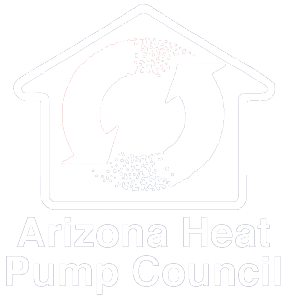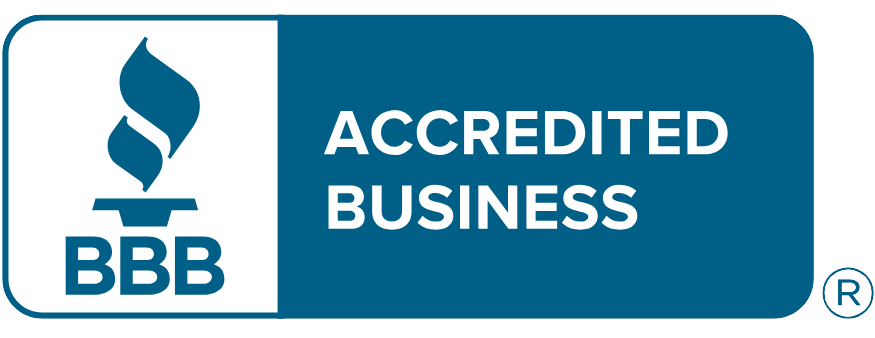
According to the 2021 American Lung Association’s annual “State of the Air” report, Phoenix-Mesa is ranked number seven for the most year-round particle pollution and ranked number five for the most pollution from ozone. High pollution advisories, issued by the Arizona Department of Environmental Quality, are an ongoing concern for homeowners because high levels of outdoor air pollution can contribute to indoor air pollution. What are other factors that may contribute to poor indoor air quality?
Home Construction Materials
Houses built after the mid-1990s are constructed to be airtight. Product enhancements in construction materials, such as weather-stripping, window panes, insulation, door seals, and caulking mean homes are sealed from outside elements. Your house has very few cracks or crevices that allow indoor air to exit or outside air to enter. In the continuing effort to increase air conditioning and heating energy efficiency, these newer construction materials have contributed to decreased indoor air quality.
Indoor Air Pollutants
Common indoor air pollutants include cooking fumes from your stove and oven, mold spores from indoor plant soil, and outdoor allergens like pollen which make their way inside your house when doors are opened. Two other common indoor air pollutants are:
Volatile Organic Compounds (VOCs) – Construction materials, furniture, kerosene, flooring, new carpeting, electronic products, and many household cleaning solutions emit odors and VOCs into the air that can be hazardous to your health. Formaldehyde is of particular concern.
Formaldehyde is a strong-smelling, colorless VOC gas commonly used in manufacturing building materials, including particleboard, plywood, glues, adhesives, and insulation materials. Even some brands of home products include formaldehyde, such as towels, cleaning products, baby shampoo, diapers, makeup, nail polish, toothpaste, and air fresheners.
Pet Dander – Cat and dog owners know that pet hair and dander can cause strong allergic reactions. Using a HEPA vacuum and changing your air filters more often can help reduce indoor air pollution from animals.
Though the inside of your home will never be completely free from indoor air pollutants, Cool Blew professionals can provide you with additional information on how you can control indoor air pollution and create a preventive plan. We want to help keep your indoor air as clean as possible. Call us today at 623-872-2900.






